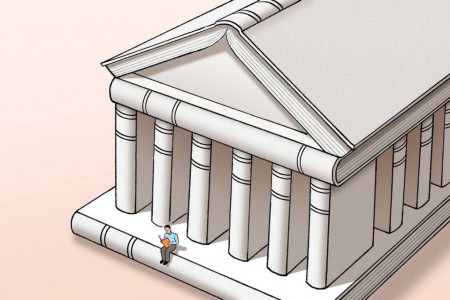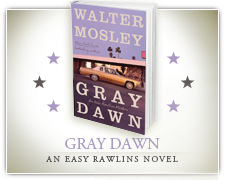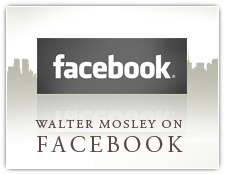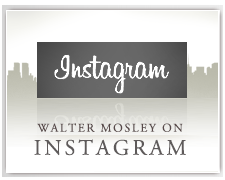The Future of Reading: There’s No Mystery About It
Walter Mosley, best-selling author of the Easy Rawlins series, has good news for those who love to read
 Reading is among the most distinctive practices in human history: the study of abstract symbols used to render beliefs, experiences, physical descriptions, theoretical explanations and ideas in books and newspapers, on billboards and even on TV screens.
Reading is among the most distinctive practices in human history: the study of abstract symbols used to render beliefs, experiences, physical descriptions, theoretical explanations and ideas in books and newspapers, on billboards and even on TV screens.
Written language rigidly codified and yet continually changing affords us one of the few chances we have to exercise and challenge our intelligence and our minds, our creativity and our capacity for true empathy. Reading forces us to interpret the material world through a nonconcrete medium—the written word. These interpretations force an active, even an aggressive use of our minds. This usage increases our appreciation of knowledge and possibly our sophistication.
Where to?
This uniquely human tradition is infinitely complex, equaled only by the experience of love and learning on the job. The stories and the content gleaned from reading are different for any person picking up the same book. This is because reading has two components: the words written and the individual mind reading.
It is important to lay out this understanding of reading in order to answer the question, Where will reading be in 30 years?
In the modern world of fast-changing technology and technique (a world where knowledge might double twice in a year’s time) change has become the norm. We’re used to having our devices, methods of war and even the organization of society change every six or seven years. Our communication is dominated by electronic networks, our cancers treated by new and strange poisonous brews.
In the modern world, a world where our scientists can read and alter DNA molecules, what is to become of Winnie the Pooh? How can books compete with predator drones and 10,000 channels of mainly sports and pornography?
What will happen to the poor books and newspapers, magazines and letters from home in a world where there is too much to know and no time to waste?
The answer is: Nothing will happen. Reading will still be based on the ABC’s, and readers will still marvel at the ideas and passions forming in their minds.





